Chemistry

Educators and Parents, Sign Up for The Cheat Sheet
Weekly updates to help you use Science News Explores in the learning environment
Thank you for signing up!
There was a problem signing you up.
-
 Chemistry
ChemistryChemists look to mine silver from laundry wastewater
Recovering silver from wastewater could prevent the metal from ending up in lakes, rivers and the ocean, where it could poison wildlife.
-
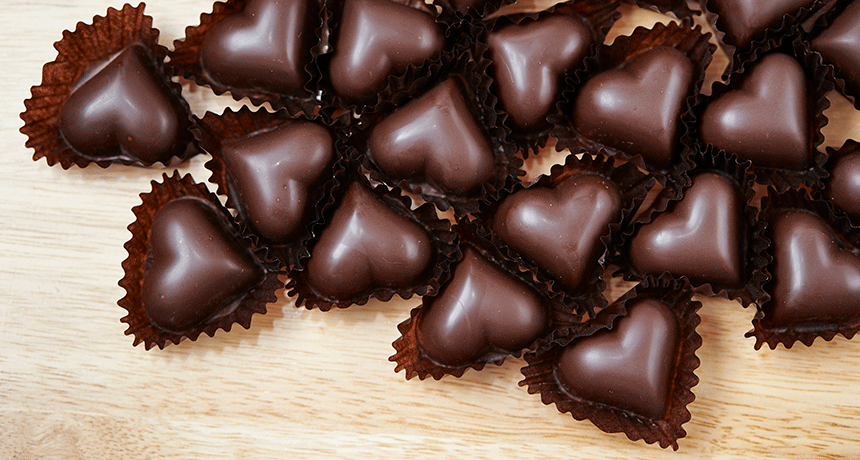 Plants
PlantsIncreasingly, chocolate-makers turn to science
Chocolate is delicious and may even have health benefits. To make sure there’s enough to go around, scientists are growing heartier cacao trees.
-
 Health & Medicine
Health & MedicineJanet’s chocolate mousse pie
The top two ingredients — dark chocolate and tofu — both have a reputation for being healthy. The good news for those who don’t like tofu: You can’t taste it in this pie. It just tastes like a very rich, thick chocolate mousse.
By Janet Raloff -
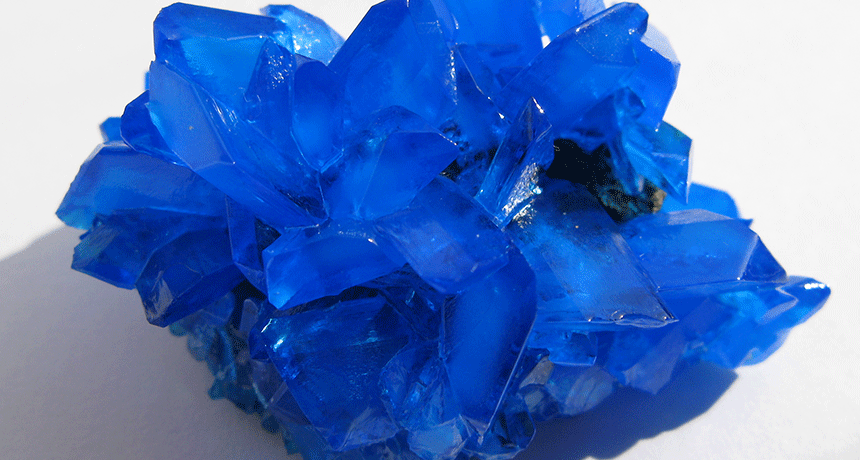 Chemistry
ChemistryScientists Say: Salt
Salts in chemistry are compounds made when a positively charged acid is combined with a negatively charged base. Table salt is one example.
-
 Chemistry
ChemistryChanging toothpastes? Change your toothbrush
Scientists have found that toothbrush bristles absorb triclosan, then release the potentially toxic chemical when users switch toothpastes.
-
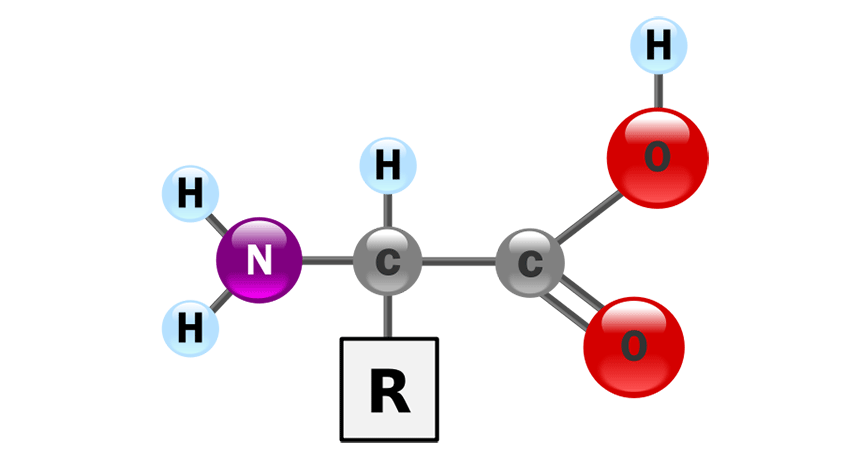 Chemistry
ChemistryScientists Say: Amino Acid
Amino acids are small molecules that make up proteins and serve as messengers in our cells.
-
 Environment
EnvironmentTouching receipts can lead to lengthy pollutant exposures
The chemical BPA, which coats some cash-register receipts, may linger in the body for far longer than if someone had ingested it.
-
 Chemistry
ChemistryExplainer: Store receipts and BPA
The chemical BPA may become trapped in the skin, causing it to linger in the body for a week or more after touching receipt paper.
By Janet Raloff -
 Chemistry
ChemistryKnowing what you don’t know can help your grades improve
Students who don’t know much tend to be overconfident. A new study shows how bursting their bubbles can help their grades.
-
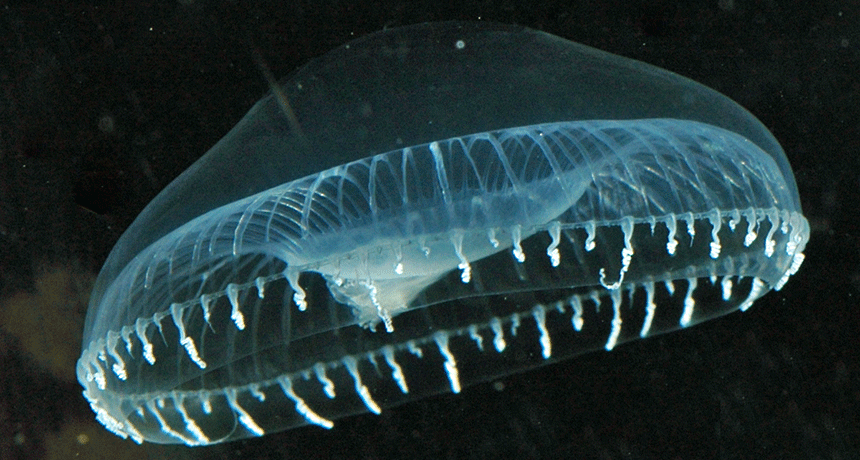 Animals
AnimalsScientists Say: Luminescence
Light and heat don’t always have to go together! Luminescence is what occurs when a substance emits light without making heat.
-
 Chemistry
ChemistryScience works to save a salty world treasure
Poland’s 700-year old salt mine, just outside Kraków, not only is a cultural art treasure, but also an active research site for geologists, chemists and more.
-
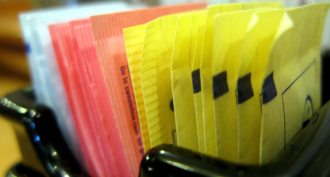 Chemistry
ChemistryWhen bitter + bitter = sweet
Two artificial sweeteners lose their bitter aftertastes when combined together. Scientists have just figured out why.